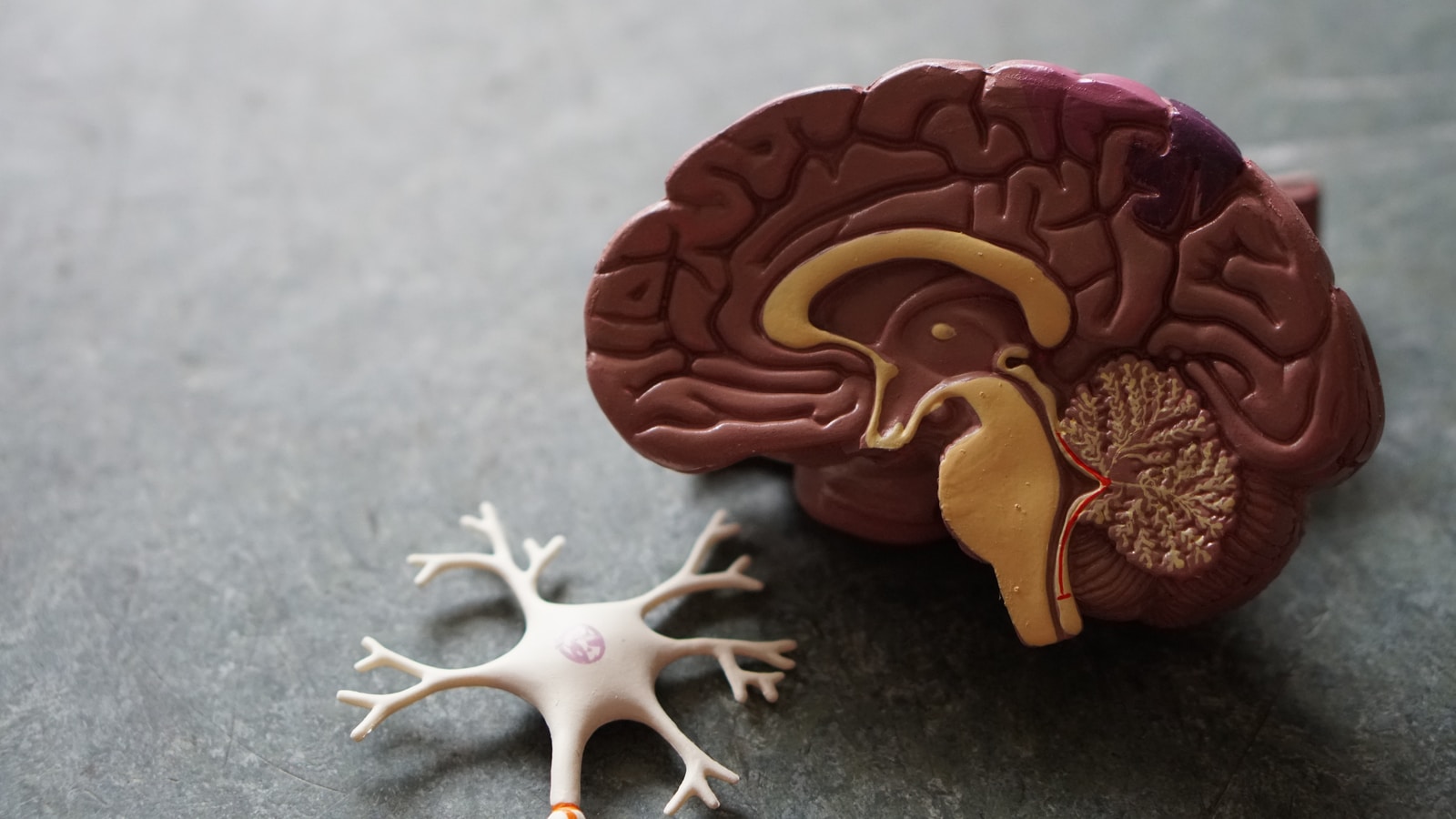EPOG Academy: Transforming education with AI and coaching
EPOG Academy uses coaching services and AI tools to provide personalized coaching to high school students in underserved communities.
Wisdom Weaver
EPOG Academy brings coaching to underserved students
EPOG Academy, a US-based non-profit, utilizes one-on-one leadership coaching to empower underserved high school students to discover their potential. “EPOG” — an acronym for “enjoyable pain of growth” — considers the potential of students who are often overlooked due to barriers such as resource limitations and pre-conceived biases. Individuals born into financially burdened communities tend to have less exposure to diverse career possibilities and experiences. EPOG bridges that societal gap. Their approach is rooted in five principles of POWER: purpose, ownership, wisdom, execution, and resilience. These five elements are based on behavioral models, including Intentional Change Theory from psychologist and coach Dr. Richard Boyatzis, research in Conation from behavioral psychologist William Huitt, and best practices in Positive Psychology.
“Our whole mission is to make personal development part of education. When you develop the mental resources of self-awareness, self-determination, and self-regulation in students, they have the greatest chance of success with whatever they decide to pursue.”

During college, Tim Harrison, founder of EPOG Academy, received executive coaching through Rice University’s Doerr Institute for New Leaders. Upon graduating in 2020, during a time of social and political unrest, Tim turned down a sizeable job offer to focus his efforts on providing life-altering coaching to underserved youth. He received his ICF accreditation, established connections with fellow coaches, and partnered with schools, businesses, and community organizations. EPOG coaches elevate the importance of personal development alongside quality education. Each EPOG coach holds an ICF certification and volunteers their time to coach students who lack access to developmental resources.
The Fall 2021 Program Results confirmed the positive impact of coaching high school students. Using psychological scales to measure growth and progress, the pilot resulted in “positive behavior both inside and outside of the classroom.” Researchers gathered individual and group data to assess the immediate coaching effects. After the coaching intervention, the researchers saw an increase in planning for the future or setting long-term goals (19%), knowledge of strengths (26%), feeling a sense of purpose (14%), adjusting to stress (29%), positive replies to personal growth statements (28%), and hope (23%).
AI offers new opportunities to improve interventions like EPOG Academy
Data from EPOG’s post-session surveys revealed that the number one topic students worked on with their coach was identifying post-high school opportunities. Leveraging the technology behind ChatGPT, Tim Harrison created an AI Career Pathfinder tool that takes students’ input and exposes them to five potential career paths that align with their strengths, career aspirations, and interests. The tool aims to expose students to careers within reach that they might not have previously considered. For each career possibility, the Pathfinder outlines the career’s predicted salary, example roles, required skills, and societal importance.
Once the report is generated, human coaches work with students to develop a plan and dig deeper into the results. Tim explains, “It’s the dynamic interaction that drives the value of the report home.” With initial trials of the AI Career Pathfinder proving helpful for students, Tim is developing other tools that could complement these services. EPOG Academy is working with a team from Microsoft to develop a “CoachGPT” application that can facilitate coach-like conversations and activities so that students can get more customized and on-demand support to help bridge the gap given that the ratio of students to career counselors is roughly 400:1
Read the interview to learn more about technology-supported coaching:
Interview with Tim Harrison about technology, the future of coaching, and EPOG Academy
What led you to consider the impact AI could have in EPOG Academy?
“There are two things that opened my mind to see how I could start to use AI: Number one is the speed of improvement. Open AI’s Chat GPT 3.5 scored at the bottom 10% of the Bar exam, and just a few months later, GPT 4 scored in the 90th percentile. The second thing I saw was how easy the tools were to use. I watched a young kid on YouTube with no programming experience use Chat GPT to code an entire website that would take inputs from a user and create a customized story based on whatever the user shared. He had never coded anything before but created this website in a few hours. So, the barrier of entry to being very effective with technology is getting lower and lower while the capability of these models is getting higher and higher. From there, I wondered how we could use this technology to impact the students at EPOG!”

How do you see coaching and these emerging technologies working together?
“People are getting used to interacting with intelligent and increasingly capable digital agents. This will undoubtedly change where people go to find guidance and to get unstuck. At the same time, I think people will still crave human connection. There is no replacement for the feeling that someone believes in you, sees you, and understands you.
Preparing for what that hybrid world is going to look like is the key. A mentor of mine, Marshall Goldsmith, is currently working on training an AI system on his vast array of content online so he can now “coach” more people than humanly possible. It will not be long before we interact with AI agents in virtual reality, with companies like Apple and Meta dumping billions into research and development. I think we’ll see a lot of interesting things over the next few years.”

How are you using AI to complement coaching practice through EPOG?
“I would like to share a story about AI and coaching. Using Chat GPT with my students, I asked a student about his goals, strengths, interests, and career preferences. And I use that information to create five different career paths. The student saw his report, and there were career options that he hadn’t considered before. After he chose to focus on reviewing the career path for a pilot, one of the things that ChatGPT recommended was to ‘make sure that you take advanced math classes.’ I could feel the energy shift where he went from really excited and then a drop when he said, ‘I hate math.’
I started to inquire. I started to use my coaching skills to get to the bottom of the shift. And the student shared, ‘Well, I’m actually not bad at math; I just don’t like it.’ And I was able to ask, ‘Well, do you want to be a pilot more than you hate math? And he paused for a second, and she decided that he wanted to be a pilot more. I could tell he had a realization. Then, I asked GPT for ways that this student could develop their math skills, and it came up with several different ideas, but it remembered the students’ values and hobbies, and it used examples that related directly to that student. That is a good example of how AI did things that I couldn’t have done, but then I did things that the AI couldn’t have done to create a new outcome. This story represents a good example of what I think the future of coaching could be in a way that puts humanity at the center and leverages one of the greatest tools that we’ve ever created.”

How do you think Gen Z’s expectations for the integration of technology and coaching are different from previous generations?
“As a member of Gen Z myself, I find that I’m more trusting and willing to adapt AI technologies sooner than many of my colleagues who are from Millennial, Gen X, or other generations because I am used to integrating technology into everything. For example, I found a program that lets me connect Chat GPT to Siri on my iPhone, and I often have full-blown conversations back and forth with it. When I’m driving or riding my bike, and I get an idea, but I can’t write it down, I can say, ‘Hey Siri, let’s brainstorm.’ That prompts the system to verbally ask me to explain the idea, and it listens to me vent, summarizes what I said, and then asks open-ended questions to help me explore deeper. At the end, I tell it to create a synthesis of my idea and recommend next steps that will be waiting for me in text format by the time I get to my destination.
Something like that seemed Sci-Fi a few months prior is now a regular part of my life. I think there’s a desire to stay up to date and a reliance on technology that characterizes Gen Z. At the same time, this has its flaws because often there are tradeoffs like privacy, human connection, and overreliance that also need to be considered.”

What does AI allow for in your nonprofit that could not otherwise occur?
“The thing that we’re addressing in our nonprofit with EPOG Academy is the college and career counselor-to-student ratio is 400-to-one. And so that’s never going to be filled by humans. You just do not have that many people. So, this could augment that gap where every student in a school gets contextualized support based on their learning ability, based on their unique values, and based on their unique careers. Students are going to end up with more aligned pathways and support systems to get there as well, and that’s exciting. It is equally exciting to imagine how AI can empower counselors to do their job even better rather than augmenting or removing them from the picture. How can we enhance what they can do in that world? That’s the one that we want to create.
Through AI programs like our ‘CoachGPT’ project, I think a lot about the timing of these innovations. We have an anxiety and mental health crisis among young people. Having a trained system to help young people process complex topics in the moment allows them to be more mindful, ground their feelings, and engage their logical mind for amazing potential.”

What is an ideal future that integrates AI and coaching?
“An ideal scenario is where coaching is much more widely adopted, and it’s much more democratized. Whether it’s a student in an underserved community, a CEO, or a mom—it’s anyone who has access to quality coaching on demand, but also a world that doesn’t diminish the humanity of having an actual person who is a coach. I think there is a precedent for this optimistic vision too. In 1997, IBM’s computer beat the world champion at chess. One might think that since the AI is better than people, then it is game over, but the opposite is true. Chess is more popular than ever, and one of the driving reasons is that companies like Chess.com leverage AI to give everyone 24/7 access to play against an AI that adapts to their skill level and gives immediate feedback after each game. Even more significant is that nobody watches the two best chess bots play each other, even though they are the most skilled. People are still interested in people. My hope is that coaching and other conversation-based professions follow a similar route: that more people can experience coaching in a digital form, increasing demand for the real thing, leading to democratization rather than automation.”





